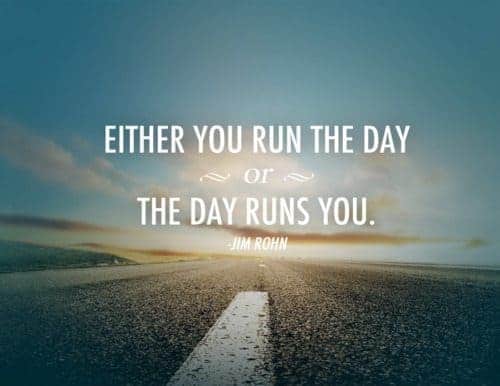Read Black History To Find Your Purpose
Reading about black history might just help you find your purpose.
You can read many books to further your knowledge of black history.
Take Dr. Artika R. Tyner, attorney at law, for example.
She is proof that lawyers are people, too.
In a spirit of altruistic activism, she has launched a drive to fund the creation and publication of Making A Difference: The Story of Miss Freedom Fighter, Esquire, a children’s book that makes a difference.
Its purpose is to offer a product addressing a compelling issue, the lack of reading material geared to minority youth.
Minority youth and black history
As the Cooperative Children’s Book Center notes, in 2014, over 3,000 children’s books were published in America.
Only nine percent were by diverse authors, and a mere 11 percent focused on characters of color.
Also, it doesn’t take scholarly research to observe that reading, as fundamental as ever, is essential to all children’s education.
Author, educator, public speaker, justice advocate, and founding CEO of Planting People, Growing Justice Leadership Institute, Tyner wrote Making A Difference to help change this.
Also, check out our list of lawyer quotes about justice for all.
She has developed leadership educational materials from K-12 to college and grad school, faith communities, and nonprofits with Making A Difference, designed to make an international impact.
A global tour in both Twin Cities will wrap up in Ghana, where she traveled with students last summer and distributed a limited edition of 1,000 copies for free.
Black history should be accessible to all
This invaluably informative book is a tidy eight-page primer.
Young minds can readily digest, reflect, and comment on in a single sitting.
The premise takes a charming adventure of discovering self-worth and connection to the community.
Young Justice, nurtured and encouraged by her grandmother, is empowered to dream of and aspire to realize her full potential in life.
Her exposure to historical figures whose iconic accomplishments provide priceless role models.
For instance, an excerpt reads, “Justice spent the rest of the afternoon reading about Ida B. Wells, a woman who wielded her pen for the advancement of racial equality and racial justice. She skillfully waged war through her publications and works as Memphis Free Speech and Headlight editor.”
“She continued to advance social change while serving as a journalist with Chicago’s Daily Inter Ocean and the Chicago Conservator, one of the oldest African American newspaper publications in the United States. Justice was amazed by how Ida B. Wells used her pen to write for justice.”
There are many people to look up to when studying black history
Among other heroes here are the more or less mandatory, such as Rev. Dr. Martin Luther King, Jr.
As well as the not-as-famous but groundbreaking forebears like Wells; Shirley Chisholm; lawyer, singer, actor, and professional athlete Paul Robeson; and Dr. Wangari Maathai, “who organized the Green Belt Movement with the hopes of restoring trees in her home country, Kenya.”
Tyner states, “I chose the figures in the book based on some historical figures who have influenced my life. Each represents a dimension of my work: legislative advocacy [Chisholm], writing as advocacy [Wells], community organizing and civic engagement [Robeson], and lawyer as leader [Charles Hamilton Houston].”
After little Justice’s journey of exhilarating enlightenment, “Finally, Justice was sure. She knew she could make a difference in the world by becoming a lawyer. Now, Justice could see herself more clearly. She was determined to use her education in the struggle for justice. Justice would live up to her name.”
Said Tyner, “Over the years, I also published a blog series entitled Profiles of Courage, which provides a profile of each of these leaders.”
This is in keeping with a lifelong dedication to social progress characteristic of her career, including writing The Lawyer as Leader:
How to Plant People and Grow Justice (ABA Book Publishing) and The Leader’s Journey: A Guide to Discovering the Leader Within (ABA Books).
Dr. Tyner pointed out in a previous MSR interview:
“History has shown us lawyers have been at the forefront of social change movements. Whether it be Nelson Mandela, who fought to dismantle the racial caste system of apartheid, Mohandas Gandhi, who admonishes us to be the change we wish to see in the world, or Marian Wright Edelman, who has committed her life’s work to standing up for children and ensuring that no child is left behind.”
A principal part of the production process and the primary cost is contracting.
Noted illustrator Jeremy Norton states on his website, “My work reflects my experience of being a child growing up. The essence of what I do is in the mood and emotion; of joy, adventure, and discovery, universal feelings that most people share when they’re young. I want to portray that sense of wonder in the world.”
Find your purpose
These works, and others like them, might inspire you to find your own purpose.
Is there a cause that is personal to you and can benefit from your skill set?
Have you experienced things that few other people have?
Let us know your thoughts in the comment section below.
If you found this article helpful, please click the share button!











